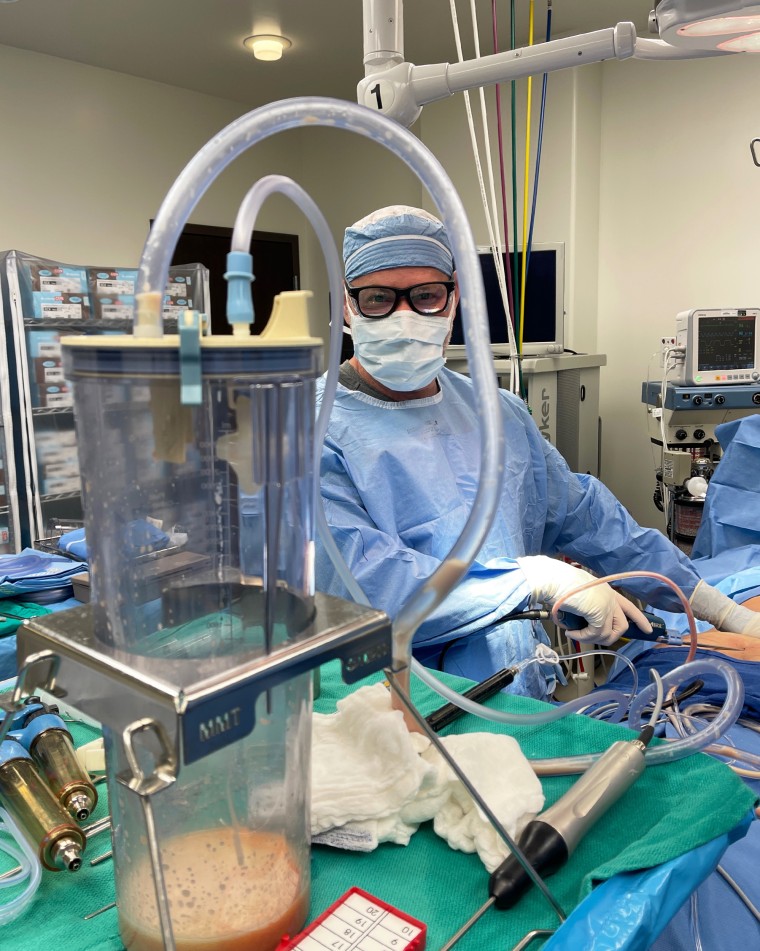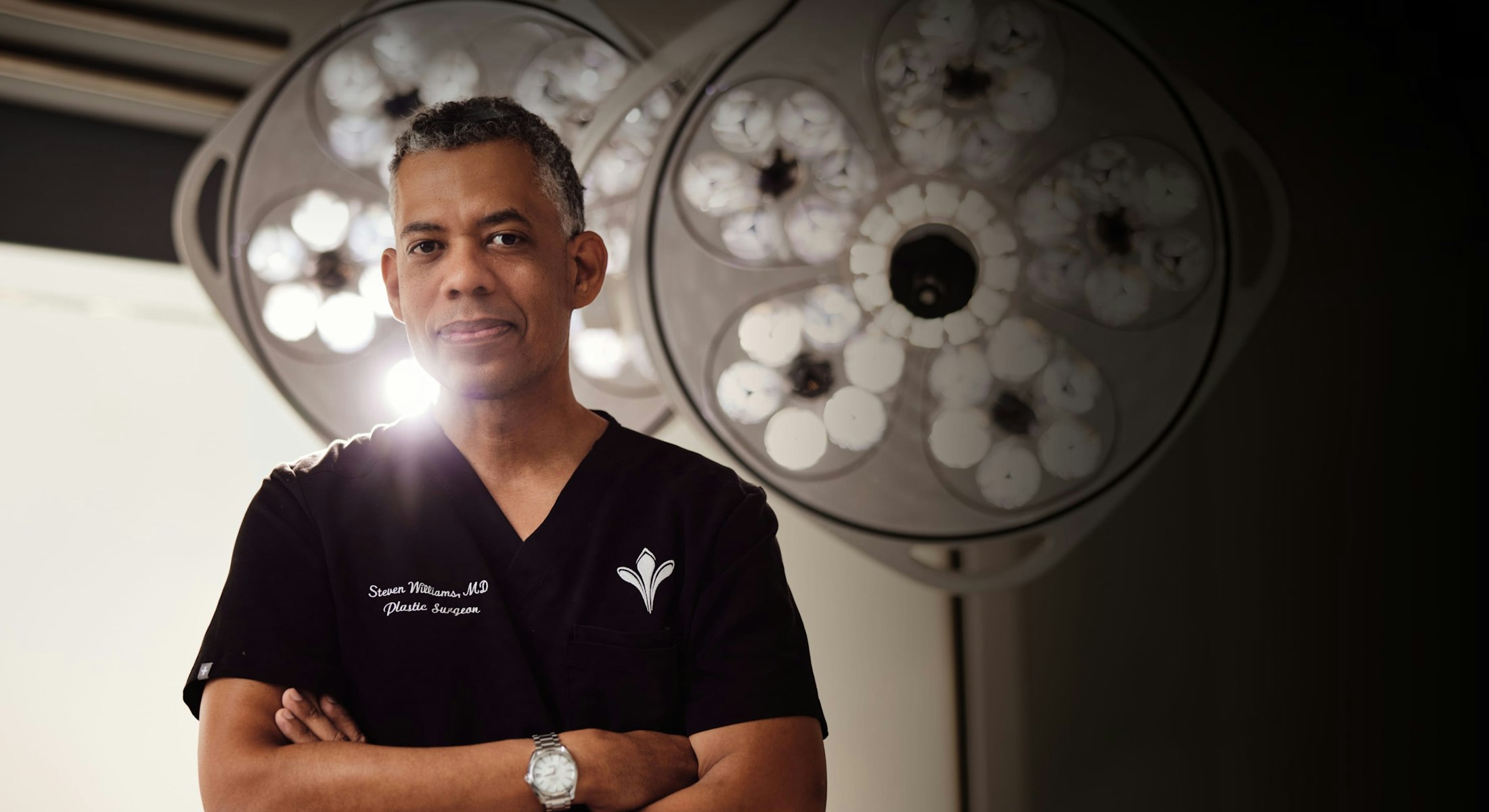Investigating the Emotional and Social Aspects That Drive Individuals to Consider Cosmetic Surgery as a way of Improvement
The choice to pursue cosmetic surgical procedure usually extends beyond simple looks, intertwining with social and mental characteristics that merit detailed exam. Factors such as self-worth, pervasive societal charm requirements, and the prevalent influence of social media converge to shape individual motivations for medical enhancement.
The Duty of Self-Esteem
Self-worth substantially affects an individual's choice to go after cosmetic surgery. People with low self-worth typically perceive themselves in an unfavorable light, leading to sensations of insufficiency regarding their physical appearance.

Inevitably, the function of self-worth in the decision-making process relating to cosmetic surgery highlights the intricate interaction between body photo, personal complete satisfaction, and psychological health and wellness. Comprehending this relationship is important for healthcare specialists to make sure that clients are making informed decisions rooted in practical assumptions and emotional well-being.
Social Beauty Standards
Influenced by pervasive media portrayals and social narratives, societal elegance requirements play an essential function in shaping people' assumptions of their own bodies. These standards are frequently identified by an idyllic form of beauty that emphasizes attributes such as youthfulness, balance, and slimness. As these ideals are continued through various networks, consisting of movie, tv, and marketing, individuals often internalize these messages, bring about frustration with their natural look.
The effects of these societal norms prolong beyond aesthetic choices; they can influence self-confidence, psychological health and wellness, and social relationships. People who perceive themselves as disappointing these requirements may experience sensations of inadequacy, motivating a need for plastic surgery as a way of accomplishing social approval. This pursuit is commonly fueled by the belief that complying with these perfects will boost not only physical appearance yet additionally social standing and individual satisfaction.

Influence of Social Network
The effect of social elegance criteria is more amplified by the surge of social media platforms, where curated photos and idealized representations of elegance are ubiquitous. Individuals are continuously revealed to filtered and edited photos, which usually depict unattainable physical characteristics. This direct exposure grows a culture of comparison, leading individuals to analyze their very own appearance versus these typically unrealistic standards.
Social media influencers and celebs regularly advertise aesthetic procedures, stabilizing the notion that medical enhancements are a sensible methods for attaining social ideals (plastic surgery rancho cucamonga). The presence of these enhancements can develop an understanding that undergoing cosmetic surgery is a conventional method, thereby affecting people to consider similar treatments as a path to boosted self-esteem and social approval
Furthermore, the interactive nature of social networks allows for prompt comments via likes and remarks, even more enhancing the wish to satisfy popular beauty standards. Such communications can aggravate feelings of inadequacy and visite site drive individuals toward plastic surgery as a means of acquiring recognition. Inevitably, social media sites plays a crucial duty fit understandings of charm, which dramatically impacts the decision-making procedures bordering plastic surgery.

Cultural Perspectives on Look
Throughout different cultures, assumptions of appearance are deeply rooted in historical, social, and economic contexts, shaping individuals' views on beauty and value. In several societies, look functions as a considerable pen of identification, influencing social standing, professional possibilities, and personal connections. As an example, in some cultures, light skin is usually related to riches and opportunity, while others might glorify darker complexion as signs of strength and credibility.
Additionally, traditional beauty criteria are typically bolstered with cultural narratives, media representations, and family affects, bring about differing ideals throughout various areas (plastic surgery rancho cucamonga). company website In Western societies, the emphasis on young people and fitness frequently drives individuals toward cosmetic enhancement, while in certain Eastern societies, even more subtle adjustments straightened with typical aesthetic appeals might be chosen
Globalization and the spreading of digital media have actually additionally made complex these dynamics, producing a hybridization of elegance suitables that goes beyond geographical borders. As people progressively browse these cultural stories, the stress to adhere to specific look standards can bring about the need for plastic surgery, showing an intricate interaction of cultural values and personal goals. Understanding these social viewpoints is essential in addressing the motivations behind plastic surgery considerations.
Mental Impacts of Aesthetic Surgical Procedure
Several individuals seeking plastic surgery record experiencing extensive emotional influences that can substantially alter their self-perception and psychological well-being - plastic surgery rancho cucamonga. The desire for physical enhancement typically websites stems from underlying problems such as reduced self-esteem, body dysmorphic problem, or social stress concerning appeal criteria. For some, the instant post-operative stage can cause a short-lived increase in self-confidence and complete satisfaction with their look, fostering a feeling of empowerment
However, these favorable feelings might not be withstanding. Research indicates that while some people experience enhanced self-worth, others may deal with elevated anxiety or anxiety if their assumptions are not fulfilled. This discrepancy can arise from unrealistic suitables continued by media representation and social narratives surrounding appeal.
Furthermore, the psychological ramifications of cosmetic surgical procedure prolong beyond the individual. Relationships with friends and family might be strained as social characteristics shift, bring about feelings of isolation or alienation. Inevitably, the mental effects of cosmetic surgical treatment are complicated and complex, needing careful consideration by both potential individuals and doctor to make certain enlightened decision-making and reasonable expectations.
Verdict
Finally, the decision to go after cosmetic surgery is substantially affected by a combination of self-confidence issues, social elegance criteria, and social perspectives on appearance. The prevalent reach of social media better exacerbates these pressures, promoting impractical perfects that people typically strive to achieve. Understanding these mental and social variables is vital for addressing the inspirations behind plastic surgery, highlighting the requirement for a much more nuanced conversation bordering charm and self-acceptance in contemporary culture.
The decision to seek cosmetic surgical procedure frequently prolongs beyond plain aesthetics, intertwining with psychological and social dynamics that merit extensive assessment. Inevitably, social media plays a crucial role in forming assumptions of beauty, which significantly influences the decision-making processes bordering cosmetic surgery.
As individuals significantly browse these cultural narratives, the pressure to adjust to details appearance requirements can lead to the desire for cosmetic surgical procedure, showing a complicated interplay of cultural values and individual ambitions.In conclusion, the choice to pursue cosmetic surgical treatment is dramatically affected by a combination of self-confidence issues, societal appeal criteria, and social viewpoints on look. Comprehending these social and psychological variables is essential for addressing the inspirations behind cosmetic surgery, highlighting the demand for a much more nuanced discussion surrounding beauty and self-acceptance in contemporary society.